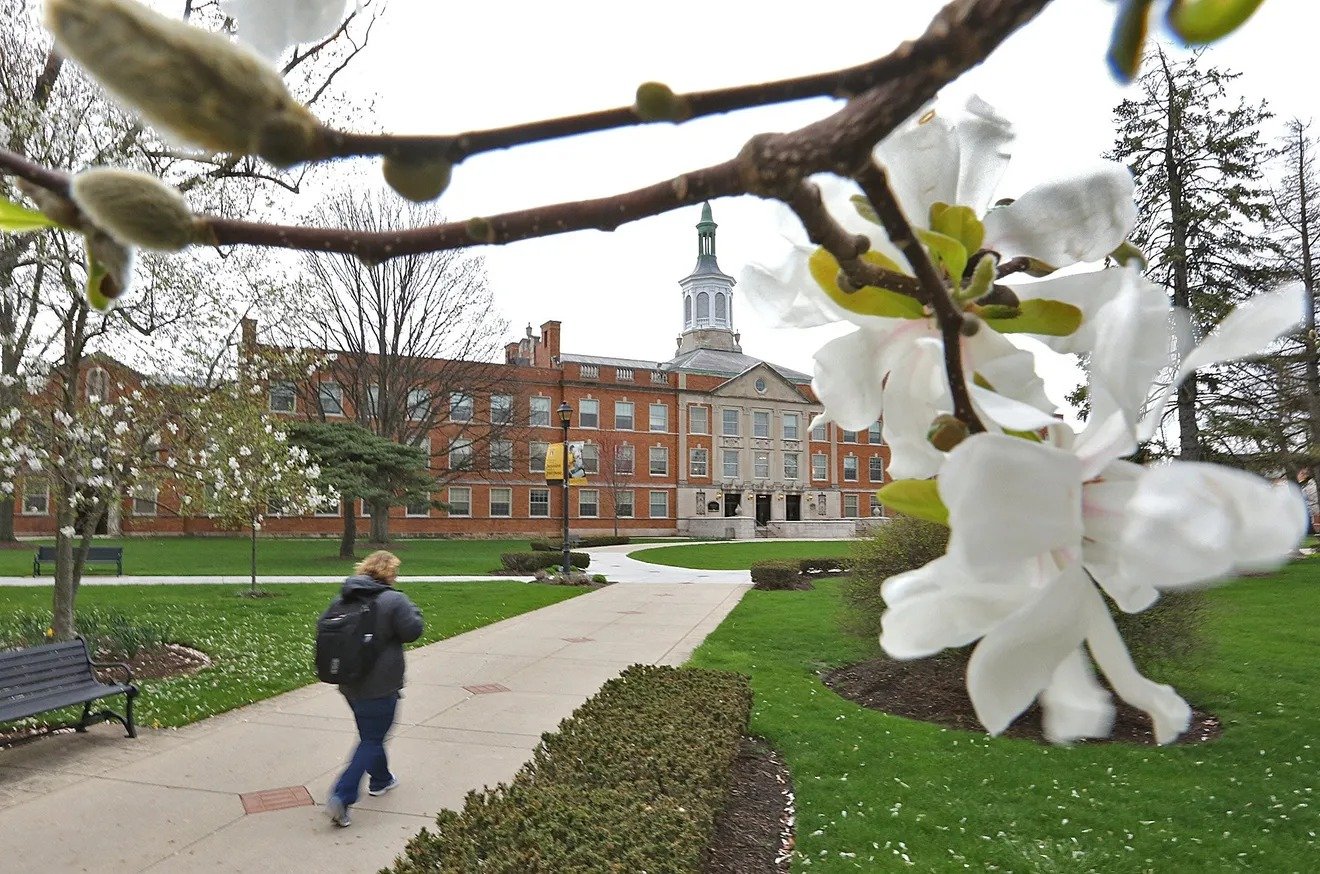Highlights
‘Chaotic’: Some Ohio Colleges Worry FAFSA Fallout will Hurt Enrollment This Fall

Source: https://www.dispatch.com/
Ohio Dominican University experienced a significant rebound in freshman enrollment, with a notable 30% increase from 2021 to 2023, surpassing pre-pandemic levels. This positive trend was abruptly challenged when the U.S. Department of Education mishandled the rollout of the new Free Application for Federal Student Aid (FAFSA) form for the current academic year.
Key Highlight:
- The U.S. Department of Education faced challenges with the rollout of the new Free Application for Federal Student Aid (FAFSA) form this year. The overhaul caused a three-month delay in its release, with the application opening in late December. Subsequently, numerous accessibility and computing issues further prolonged uncertainty for families, students, and college financial aid officers. John Naughton, Ohio Dominican University’s vice president of enrollment and student success, noted that these delays severely disrupted their usual timeline for distributing financial aid packages and impacted their fall enrollment goals.
- Despite an increase in college applications and submitted FAFSAs this year, completed FAFSAs at Ohio Dominican University (ODU) have decreased. Furthermore, deposits from students intending to enroll in the fall are down by 15% compared to last year. John Naughton, ODU’s vice president of enrollment and student success, expressed optimism tempered by uncertainty due to the inability to rely on historical data amidst current challenges with student aid applications nationwide. Many colleges, including ODU, are facing delays in sending out financial aid packages, impacting fall enrollment projections.
- University leaders are currently grappling with several challenges related to student enrollment and financial aid. Some are awaiting deposits from admitted students who are now evaluating their financial options. Others are actively addressing errors on FAFSA applications and facilitating summer orientations. There is concern that students, particularly those reliant on financial aid, may become discouraged and abandon their college plans altogether amidst these difficulties.
- The flawed rollout of the FAFSA has had varying impacts on colleges nationwide, according to David Hawkins of the National Association for College Admission Counseling. Larger, well-funded institutions such as state flagships and Ivy League schools have managed reasonably well. In contrast, small liberal arts colleges, heavily dependent on tuition revenue, have faced considerable uncertainty. Hawkins described the situation as chaotic and highlighted the disparities in how different types of institutions have been affected.
- David Hawkins of NACAC expressed two main concerns stemming from the fallout of the FAFSA issues. Firstly, many colleges, especially those sensitive to even slight declines in enrollment, are facing significant challenges. Some universities have reported enrollment declines of up to 20%, which could lead to cuts in programs, faculty, and administrative roles. Secondly, Hawkins emphasized worries about students, particularly those from low-income and first-generation backgrounds, who are at risk of dropping out of the college pipeline due to these disruptions, potentially exacerbating effects from the pandemic.
- Despite widespread FAFSA challenges, some Ohio universities have managed to alleviate some of the headaches for students and administrators. Adam Smith, vice president of enrollment at Ohio Wesleyan University, reported enrolling 500 new students by late June, surpassing last year’s total and exceeding this fall’s enrollment goal. He attributed this success to proactive communication by the university’s communications department and the admissions office’s ability to provide financial aid estimates before official ISIRs were processed. While these estimates weren’t precise, they allowed students to gauge potential costs with scholarships and grants based on their student aid index.
- Central State University has implemented proactive strategies to engage incoming students, including utilizing a college-centric social media app called ZeeMee to foster community and connections among admitted students before they arrive on campus. The university has also expanded in-person and virtual orientation sessions to accommodate more enrollment opportunities throughout the spring and summer.
- Tammi Love, director of admissions and recruitment, noted a significant increase in confirmed student enrollments compared to last year, from 25 to over 400 students so far this summer. Despite challenges with this year’s FAFSA process, educators like Cannon at Capital University emphasize the importance of planning ahead for outreach to high schools and resolving ongoing FAFSA issues to support student enrollment in the coming years.
Image Source: https://www.dispatch.com/





